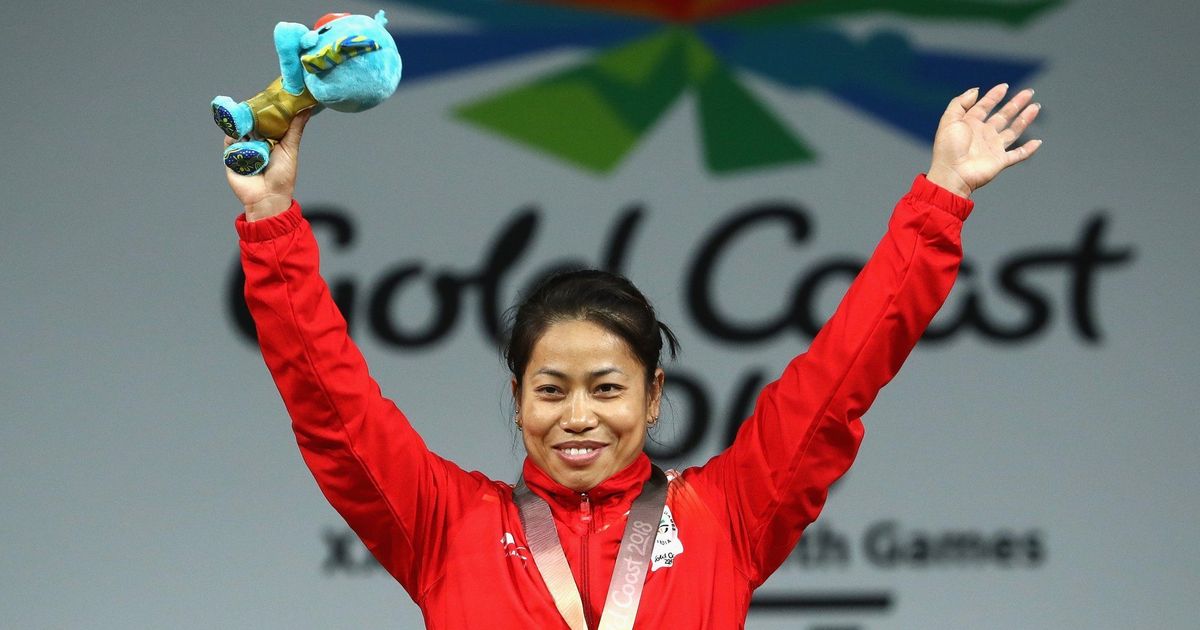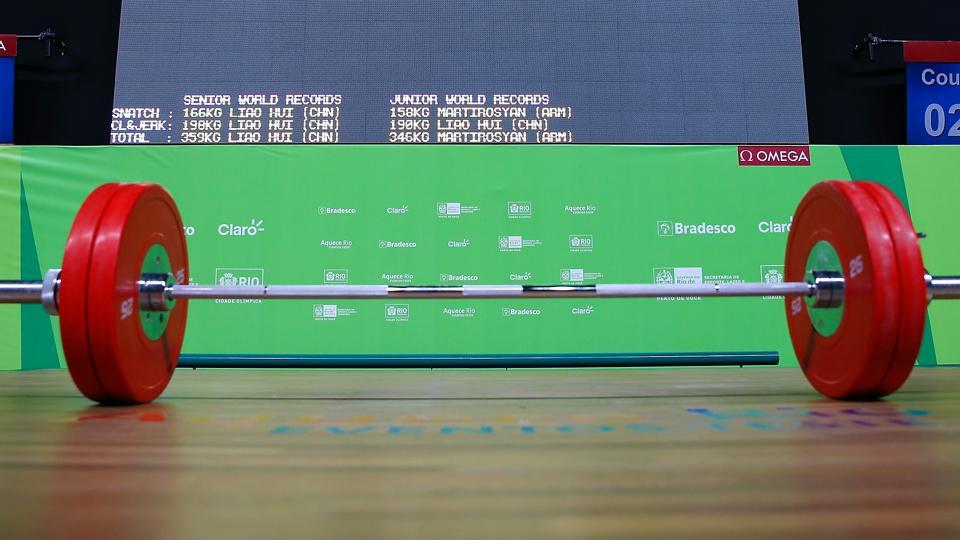Featured
Effective doping monitoring can help Indian weightlifting tackle doping woes

The spectre of ‘doping’ has once again hit Indian weightlifting with several weightlifters being tested positive by the National Anti-Doping Agency (NADA) during a random testing at the 2019 Senior National Weightlifting Championship in Visakhapatnam earlier this year.
The latest doping developments will surely not be a good augury for the Indian Weightlifting Federation (IWLF) given the fact that the Indian weightlifting contingent is gearing up for the Commonwealth Weightlifting Championships – an event India have traditionally dominated – the event will be held in Apia, Samoa in July this year. The doping contraventions from the 2019 Senior National Weightlifting Championship in Visakhapatnam is not an isolated development in the Indian context – it comes close on the heels of the nine dope positive results reported from the National Junior Weightlifting Championships held in Nagpur in December 2018.
However, it is important to understand that the doping menace is not confined to India alone – it is a global headache that has got theInternational Weightlifting Federation (IWF) increasingly worried.
The sport’s continuance in Olympics beyond 2020 Tokyo Olympics appeared to be in jeopardy when the International Olympic Committee (IOC) put the sport on “conditional inclusion” status on the Olympic Games programme.
Such a stand from the IOC made one thing clear: the IOC was far from happy with the IWF’s anti-doping programme, given the consistent run of doping violations by weightlifters across the globe at major sports events like the Olympics (as many as 55 doping violations were identified by the IOC from the testing of stored samples from 2008 Olympics and 2012 Olympics).
This led to a great deal of scepticism among weightlifting lovers about whether the sport will be part of the 2024 Paris Olympics. But the clouds of uncertainty tapered off as the IOC earlier this year lifted the conditional inclusion” status earlier this year after being convinced of the steps undertaken by the world body to make the sport doping-free. The IWF President Tamas Ajan recently shot off a letter to each of its 193 member federations with a stark warning that a repeat of the consistent doping problems over the years could have “irrevocable” consequences for the sport.
Should NADA scale up doping monitoring?
Coming to the Indian weightlifting scene, one wonders how such doping violations keep happening given the fact that the national body has been extremely stringent on doping matters. “The national federation has been very strict with any doping violation, but one must understand that it is tough to monitor each weightlifter as they are out of competition or national camp as they consume banned substances at home,” said an Indian Weightlifting Federation official.
 "It is important to understand that the doping menace is not confined to India alone."
"It is important to understand that the doping menace is not confined to India alone." There is another line of thought that the National Anti-Doping Agency (NADA) must have a robust presence in all important domestic events such as the Senior Nationals, All India Inter-Railway Championships All India Inter-Services Championshipsand the All India Police Championships. “Look, there were no NADA doctors at the All India Inter-Railway Championships held in Guwahati last year. There was lack of adequate NADA presence at the All India Inter-Services Championships held in January 2019, where NADA doctors were there for two or three categories. There are a few NADA doctors even at the All India Police Championships. The NADA must deploy more doctors at these tournaments and once that happens, you will see such doping violations in the nationals being nipped in the bud,” observed a former national weightlifting coach.
The former national coach also stressed for a solid NADA presence in state championships, especially, states where there are potential medal prospects. “Talented weightlifters are cropping up from states like Manipur, Punjab, Uttar Pradesh, Andhra Pradesh, Maharashtra and Odisha. The NADA should scale up doping monitoring in these states.”
Another former international weightlifter believes a minimum of 20 NADA doctors must be deployed for every domesticevent. “If you have ten categories, you would need at least two doctors for each category, which means there is a need for 20 NADA doctors for effective doping monitoring at our domestic events.”
Clearly, the stringent doping monitoring at all domestic events (however big or small it may be) will pave the way for a doping-free weightlifting scenario in the country.
